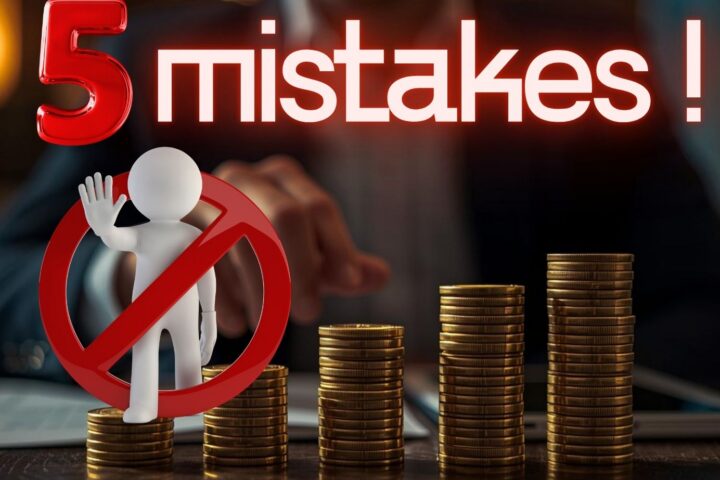Over the past 50 years, venture capital investment has been a catalyst for the rapid growth of disruptive tech-based companies. The starring role played by VC investors in creating the modern computer industry epitomises how VC can spur both economic growth and innovation.
The VC industry is still flourishing today. Despite competition from angel investors and equity crowdfunding, the global venture capital investment market size reached $233.9 billion in 2022 and is expected to reach $708.6 billion by 2028.
Due to its high-risk approach, whereby the success of a fund relies on two or three big ‘wins’, venture capital has always been regarded as an exciting asset class. At a time where other asset classes are increasingly based on financial modelling, venture capital will be one of the last asset classes to maintain a truly human element – a key part of its allure.
The nature of VC investment makes a solely data-based approach difficult. VC companies provide financing to start-ups and early-stage companies, which have less of a financial track record or earnings base to accurately value or predict the future earnings of the firm. Moreover, venture capitalists invest in the ‘adolescent phase’ of a company’s life cycle – a period of accelerated growth – where the eventual winners and losers can appear very similar.
The risks resulting from this lack of data can be mitigated to a certain extent by an industry-focused approach. Venture capitalists invest in high-growing companies in very high-growth sectors, meaning capital is allocated to companies that are likely to perform well. Furthermore, substantive modelling is undertaken as part of the pre-investment due diligence process.
This inability to accurately forecast the future earnings of the company means that venture capitalists must resort to less methodical, exact indications about whether the company will be successful, including gut feelings about the founder and their philosophy.
Sequoia Capital’s investment in WhatsApp – perhaps the most successful single VC investment ever – epitomises the way in which a particular philosophy can appeal to venture capitalists. One of the largest and most successful VC firms, Sequioa Capital has financed numerous successful tech companies, including Paypal, Reddit and Tumblr.
Part of Sequoia Capital’s interest in WhatsApp was due to the messaging app’s rapid growth. WhatsApp was fast becoming an industry leader in many countries, despite minimal marketing spend. However, there were more theoretical factors that piqued the interest of Sequioa Capital partner Jim Goezt.
Mr Goezt was particularly intrigued by the unconventional approach of WhatsApp’s founders towards advertising. From the outset, WhatsApp’s founders prioritised the engagement of existing users over advertising to try and get new users.
The duo also wrote a manifesto against in-site advertising, understanding that it would ruin users’ experience with the app. One of WhatsApp’s USPs was, and remains, its simplicity.
WhatsApp took a similar approach to VC funding. Rather than trying to attract multiple investors – which is often done by startups to generate hype – WhatsApp’s founders made it clear that they would only work with one firm.
Sequioa Capital’s $60 million investment demonstrated its whole-hearted belief in WhatsApp’s way of doing things; Sequioa Capital paid for $52 million of the shares at a 75x revenue multiple.
Safe to say, the move paid off spectacularly, in a way that underlines the importance of the personalised nature of the VC industry. When Facebook acquired WhatsApp for $22bn, Sequioa Capital’s $60m investment was worth more than $3 billion.
As has been well-documented, the savvy investment was particularly pleasing to Sequioa Capital because it sold WhatsApp to Mark Zuckerberg’s Facebook. Zuckerberg had famously rocked up late to a meeting with the VC firm in his pyjamas with a ten-slide pitch deck about why they should not invest in Facebook.
The investment epitomises why a personal touch is so important in venture capital investment; VCs must select entrepreneurs that combine visionary ideas with practical management skills, can bounce back from adversity and can motivate a team. The only way to ascertain this is to spend time with them; this will never be automated.
Roman Semiokhin, an international venture capitalist and entrepreneur, looks at people first and numbers second: ‘Even the best and most successful entrepreneurs struggle to accurately predict budgets and forecasts in early-stage businesses – they are usually not accountants but inventors, and they carry different skillsets. They understand products, customers and technology – they are not investment bankers. As a growth investor, you prioritise people over numbers.’
Depending on your mindset, this is either exciting or the kind of people-centric, reputation-based, gut-feel approach that Jonah Hill went against in Moneyball. If the aim of VC was to ensure steady, 7% ROI, it would be foolhardy. However, to those who understand the value of VC, this approach is the whole reason why it’s exciting and why it can bring such massive wins.
To continue the baseball analogy, Chris Dixon, general partner at leading VC firm Andreesen Horowitz, compares the approach of VC investors to the ‘Babe Ruth effect’. Babe Ruth was frequently struck out, but when he connected it was a home run. The personal touch of the best venture capitalists is a key contributing factor to finding the highest-growth start-ups and the next WhatsApp home run.
Due to the very essence of the industry, venture capital will continue to be an inherently people-focused business. Rather than being considered a negative, investors in venture capital firms should see this as an opportunity; VC has always been a business based on gut instinct and possibility rather than data crunching.
In an age where finance will be increasingly automated, venture capitalists should not lose sight of what makes their industry special.
For more information about this topic, visit Roman Semiokhin’s website: https://romansemiokhin.com









